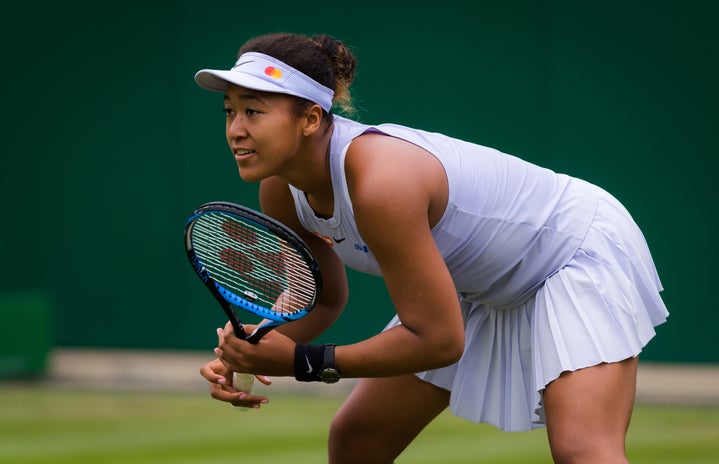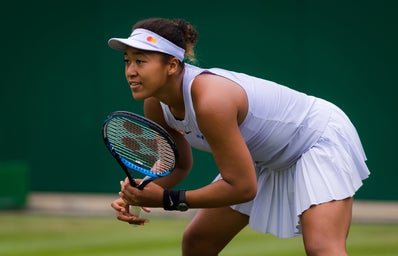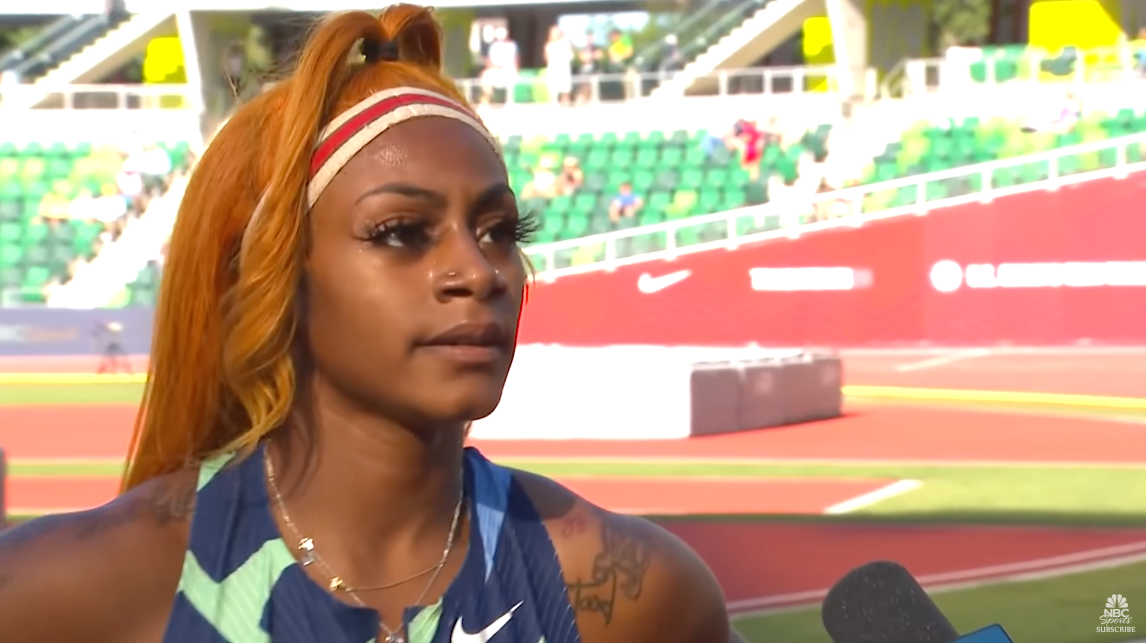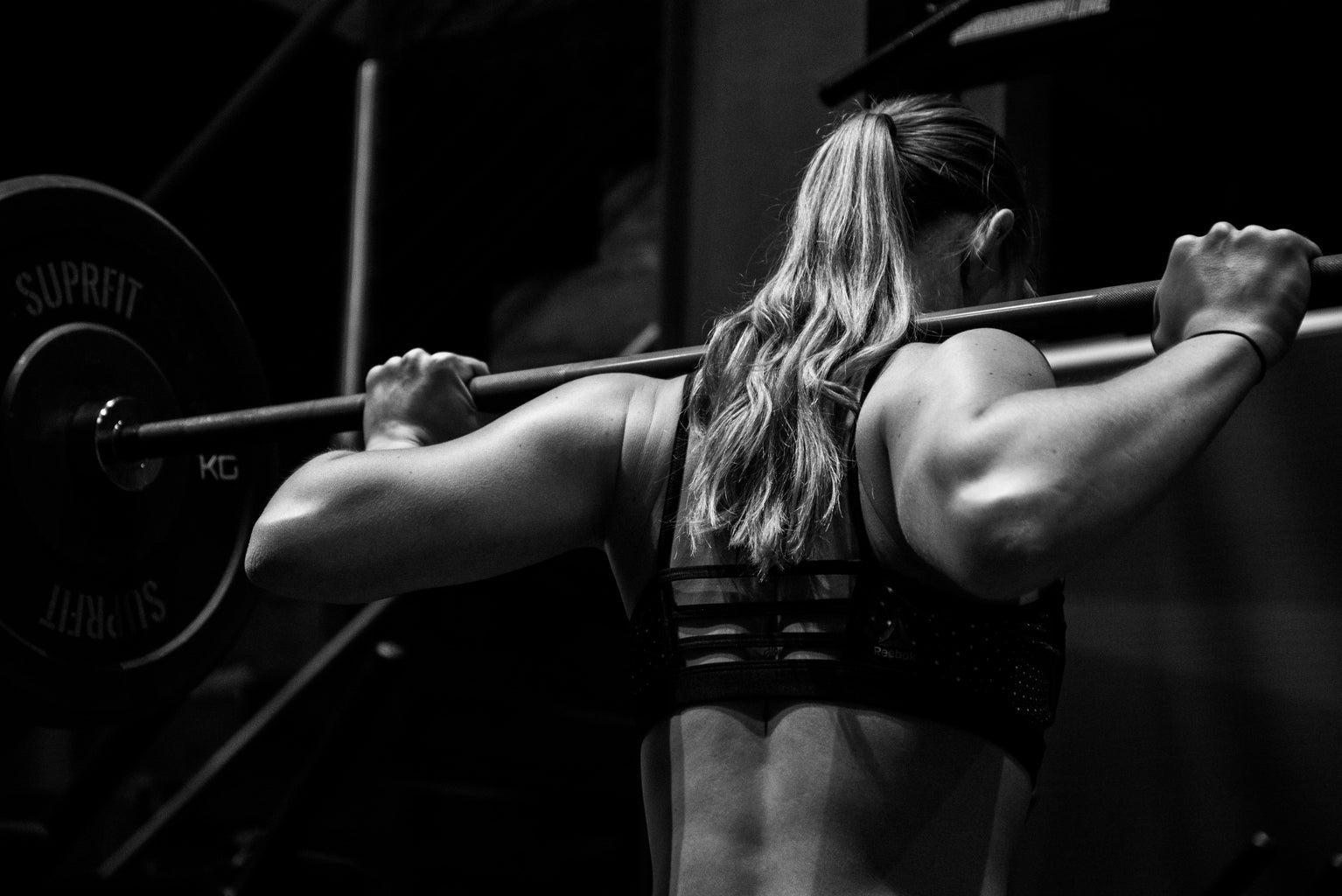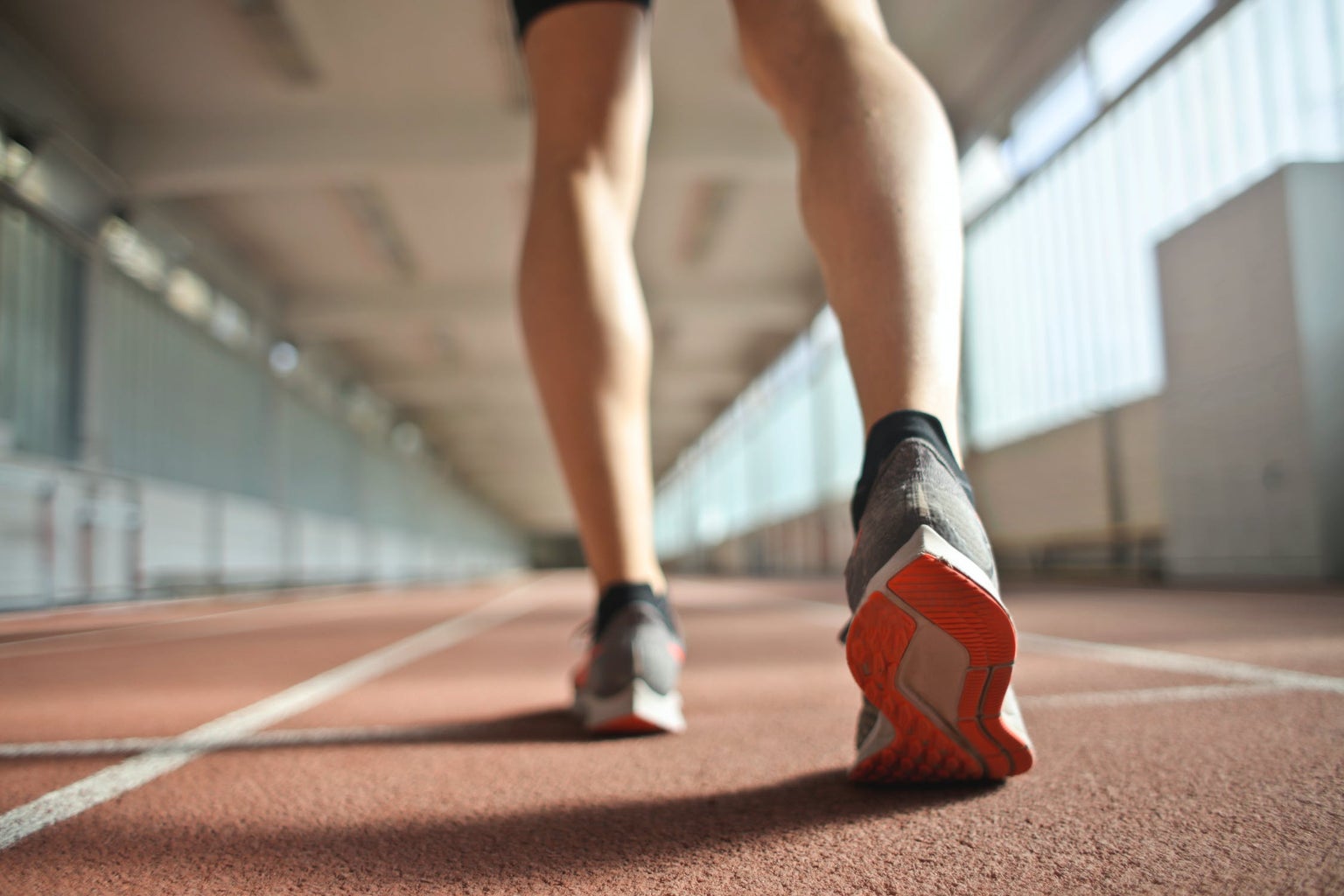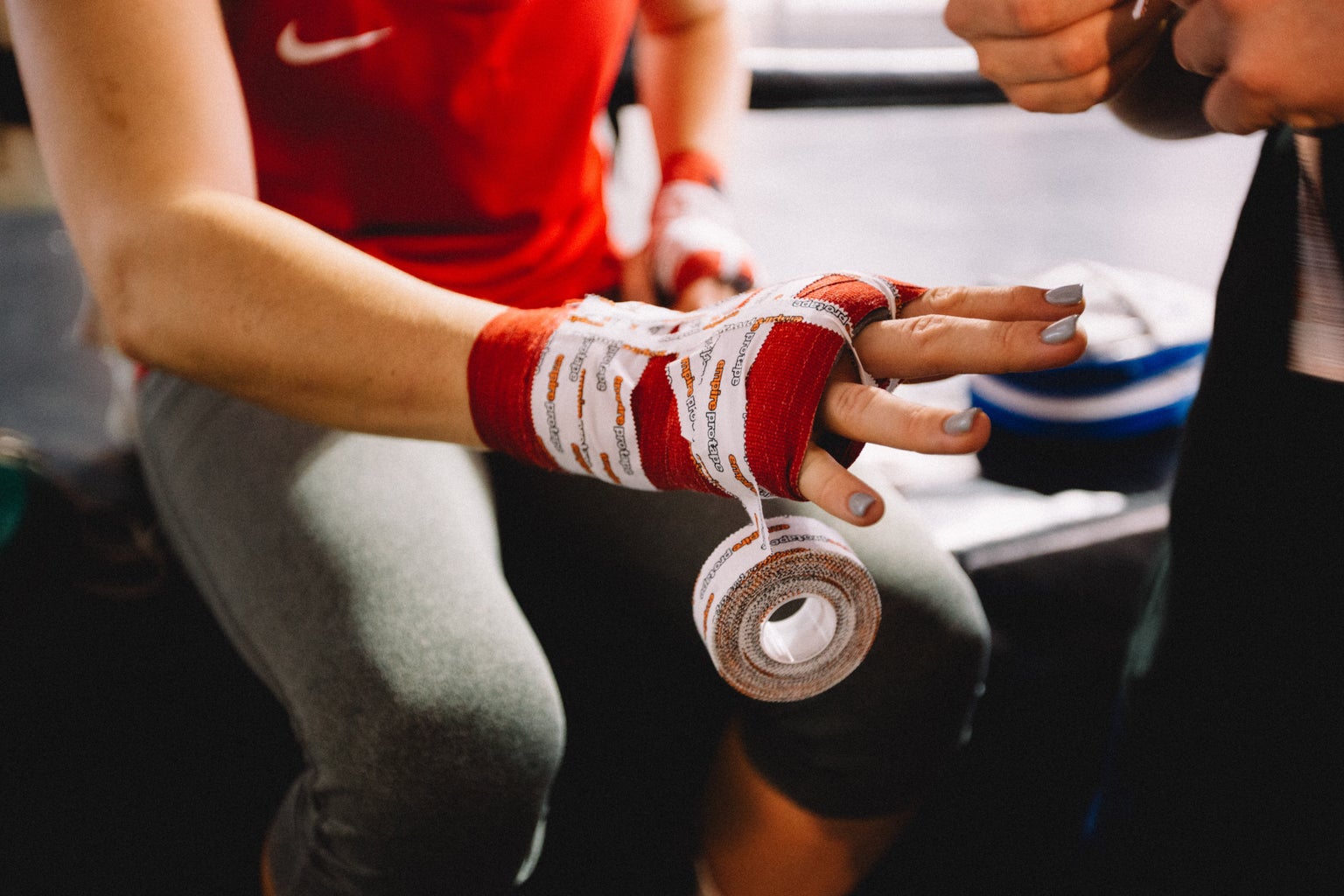The sports world is experiencing a “femininomenon,” a term coined by Chappell Roan that celebrates women and all of their accomplishments, recognizing women not just as participants but as individuals who have achieved an elevated status for their hard work. This concept suggests that women are excelling in ways that surpass traditional expectations. The Olympic Games serve as a Renaissance for women, showcasing their defiance of gender stereotypes, creating inspiring role models, and demonstrating their resilience in a field where women are not equally accepted. The summer Games held in Paris 2024 marked a significant shift in women’s sports, with increased viewership and popularity driven by female athletes showcasing their true, confident selves, performing for their own fulfillment rather than the approval of others.
In this article, I have highlighted several remarkable women who have made history at the Olympic Games, this past summer. While many female athletes are inspirational, those who have particularly impacted both the field and social media are Ihoma Maher, Sifan Hassan, Julien Alfred and Imane Jhelif. These athletes are making headlines and retelling the narrative around women in sports, encouraging viewers to take their achievements seriously and not just through a gendered lens.
Ihona Maher is an American rugby player and a member of the US women’s national rugby team, who won a bronze medal at the 2024 Summer Olympics. Maher has significantly impacted the perception of women in sports, particularly through her body-positive media presence. Before the Olympics, Maher gained popularity on Instagram by sharing daily content about her life as a professional rugby player, infused with her comedic style, which attracted a large following. Her videos challenge gender stereotypes, highlighting the expectation that women in sports can’t have a masculine build and must remain feminine, yet are expected to excel as athletes. Maher demonstrates that women can be both strong and feminine, going viral for not only her athletic build and feminine style, but by being an incredible athlete. Maher becomes an inspiration for all women, encouraging them to embrace who they are, transforming the narrative for women in sports today.
Sifan Hassan is a long-distance runner for the Netherlands who won gold in the marathon at the 2024 Summer Olympics. She is changing the landscape of sports through her advocacy for bodily autonomy, notably for wearing a hijab on the podium in Paris. This gesture was a reaction to France’s long-standing bans on Hijabs in sports, enacted since 2006, as well as restrictions on burkas and veils since 2010. By wearing a hijab on the podium, Hassan captures the limitations placed on women’s bodies and the challenges faced by young women in France who want to become an athlete but can’t because of sports-related racism. In front of millions of viewers, Hassan stood on the podium wearing her hijab and asserted the right that women have the choice to express their religious identity. Her victory demonstrates that a hijab does not restrict athletic capability and instead underscores the barriers women face in the sports industry.
Julien Alfred is a St. Lucian athlete who won gold in the 100-meter sprint at the 2024 Summer Olympics, becoming the fastest woman in the world as well as the first person to win a medal for her country. This achievement is incredibly significant for the younger generation of women in St. Lucia, as she becomes a powerful role model for aspiring athletes. Alfred’s victory inspires young women to pursue their dreams in sports, demonstrating that they can compete on an equal playing field with men. This historic win raises the bar for female sports in St. Lucia; encouraging children to believe in their potential as world champions and reinforcing the idea that women’s contributions to sports matter.
Imane Jhelif is an Algerian professional boxer and won the gold medal in the Women’s 66 kg welterweight category at the 2024 Summer Olympics. Throughout her olympic journey, Jhelif faced harassment on social media from individuals like J.K Rowling, Elon Musk and Donald Trump, who suggested that her exceptional boxing talent can only stem from her being a man. This reflects the broader anti-trans and anti-feminist sentiments that women in sports often encounter when it comes to stereotypes about gender and capability. Despite the negativity, Jhelif’s victory represents a powerful sentiment against the notion that women must conform to specific beauty standards – long hair, thinness, and conventional femininity – to compete in sports. Imane demonstrates that talent is rooted in hard work, not gender, inspiring women to embrace their strength and authenticity.
Women’s sports are having a femininomenon and it’s inspiring to witness. Female athletes are finally receiving the recognition they deserve, levelling the playing field in the world of sports. Female Olympians are now being celebrated for their talent, and this momentum is spreading throughout professional sports, fostering greater equality and visibility for women in athletics.
